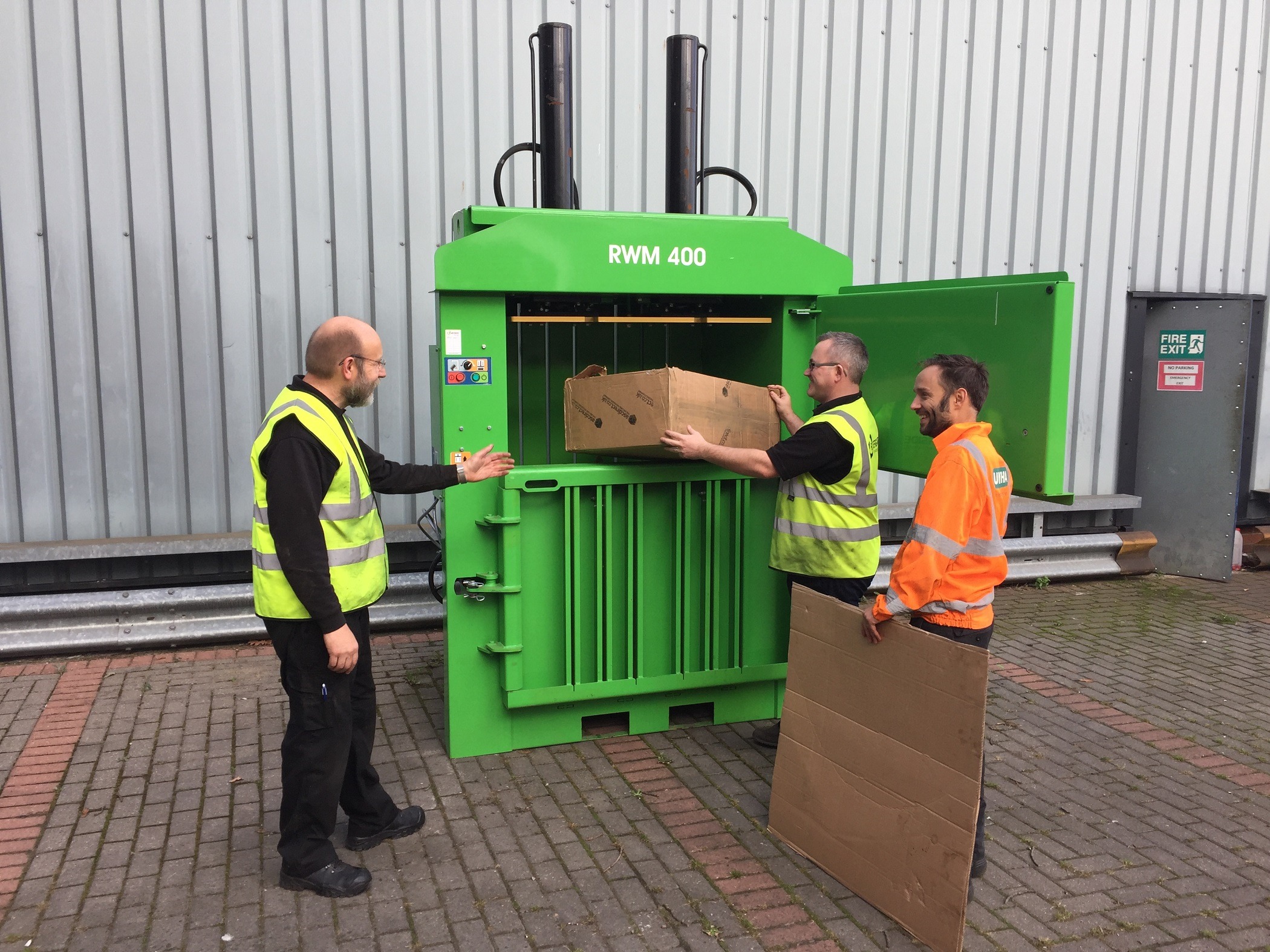In an industry-wide survey carried out by Riverside in late 2019, we revealed that every single respondent was fully aware of the duty of care owed to staff in terms of waste machinery training. However, rather worryingly, only 33% of those surveyed carry out refresher training with staff annually.
We appreciate that while the UK remains in lockdown during the current pandemic, operator training may be far from the minds of those who own – and operate – waste machinery. However, due to the halt in ‘business as usual’ for the majority of firms, training – and in particular refresher sessions – should be a key consideration for when the time comes for the UK to burst back to life once again.
Here, we look at the importance of operator training, the risks of not having this and the ideal time to put it in place…
There are many reasons why training in the correct use of waste machinery is important. Certainly, when equipment is first purchased and installed, all staff who will be working with it should be trained in how to operate the machinery properly – something that 100% of those surveyed agreed with.
But, it shouldn’t stop there. Aside from the installation of new equipment, there are other reasons to carry out staff training on a regular basis. For example, long-serving employees may – over time – forget the stringent health and safety rules in place and become more relaxed, potentially passing on bad habits to newer members of the team. New recruits should automatically be shown how to correctly use the machinery, but it is also vital that regular – ideally annual – refresher sessions are carried out, to ensure employees remain up to date on the correct processes to follow.
The survey showed that workers in the waste industry are aware of the major pitfalls of not training operators correctly. 50% of research participants accepted that the biggest risk of a lack of training was that health and safety is jeopardised, while others felt that potential death (33%), a lawsuit (9%), and possible machine misuse (8%) are wider potential outcomes.
In fact, machine misuse should be a major consideration for employers, but refresher sessions help to ensure people aren’t cutting corners or overlooking some simple operational protocol that could compromise bale quality or machine uptime.
The research confirmed that the biggest perceived benefit of operator training is the protection of health and safety, with 50% of people believing it is the key reason for ensuring training is rolled out.
Recognising the need for regular training sessions for staff handling waste machinery, Riverside launched its own training programme back in 2016, to boost skill-sets and safety within the recycling industry.
The intensive sessions – which last approximately one hour and cover everything from the dos and don’ts of waste baling, to sequence error troubleshooting and basic maintenance – are designed to equip operators with the knowledge they require to effectively run any of Riverside’s balers.
At a reasonable cost of only £160 + VAT for a team of up to ten operators, attendees will be issued with a two-year certificate upon completion – to evidence their competence and support their continued professional development. This will also support employers with their legal duty of care under the Health and Safety at Work Act, to ensure all employees have received adequate training in the machinery they use in their roles.
If the course is booked for and completed immediately after a Riverside baler service, it is available for only £60 + VAT for five operators, or £120 + VAT for five to ten people.
Jonathan Oldfield, MD of Riverside Waste Machinery, said: “Although quick and cost-effective, training courses are incredibly through. As they are carried out at clients’ own sites, using their own machines and at a time to suit them, the process couldn’t be easier.”
To enquire about operator training for your colleagues, or to discuss any specific service and maintenance needs that you have, please call 01423 325038 or email [email protected].






